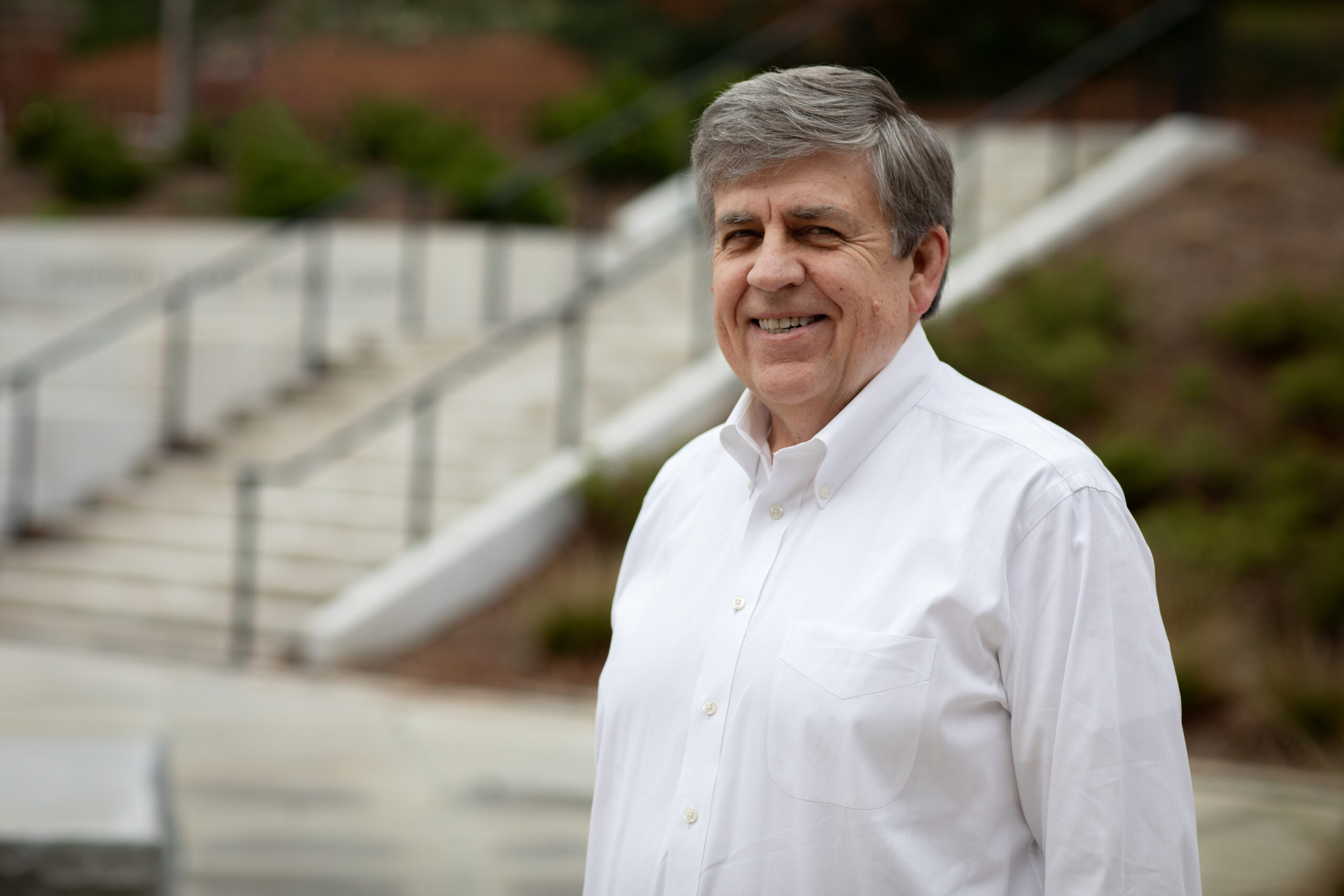
Engineering organizations are complex socio-technical systems requiring the ability to holistically assess the interplay between multiple dynamic networks having attributes that are both tangible and intangible in nature. To be successful, an engineer must be capable of assessing and managing this complexity.
Instructor
My career in the energy sector has spanned 38 years. I’ve held positions ranging from engineering design to senior vice-president and corporate board member. I worked in engineering, corporate planning and strategy, mergers and acquisitions, production operations, and project management. My family and I have lived in the Middle East (United Arab Emirates, Qatar, and Kuwait), North Africa (Egypt and Tunisia), Australia, and several US locations (Alaska, Illinois, and Texas). I am a licensed Professional Engineer and a member of ASCE.
My research interests are in risk management and the implications of technology on project management decision making. I believe that engineering organizations are complex socio-technical systems requiring the ability to holistically assess the interplay between multiple dynamic networks having attributes that are both tangible and intangible in nature. To be successful, an engineer must be capable of assessing and managing this complexity.
Teaching gives me the chance to mentor and interact with younger people. I was helped by many people during my time as a student and my 38 years in industry; teaching provides the opportunity to give back.
A quote from Leonardo DaVinci best describes my approach: “To develop a complete mind: study the art of science; study the science of art. Learn how to see. Realize that everything connects to everything else.”
I bring a practitioner’s perspective to class while also teaching the frameworks and tools of Project Management and Engineering Leadership.
My wife and I have been married for 37 years. We have four children and two grandchildren.
